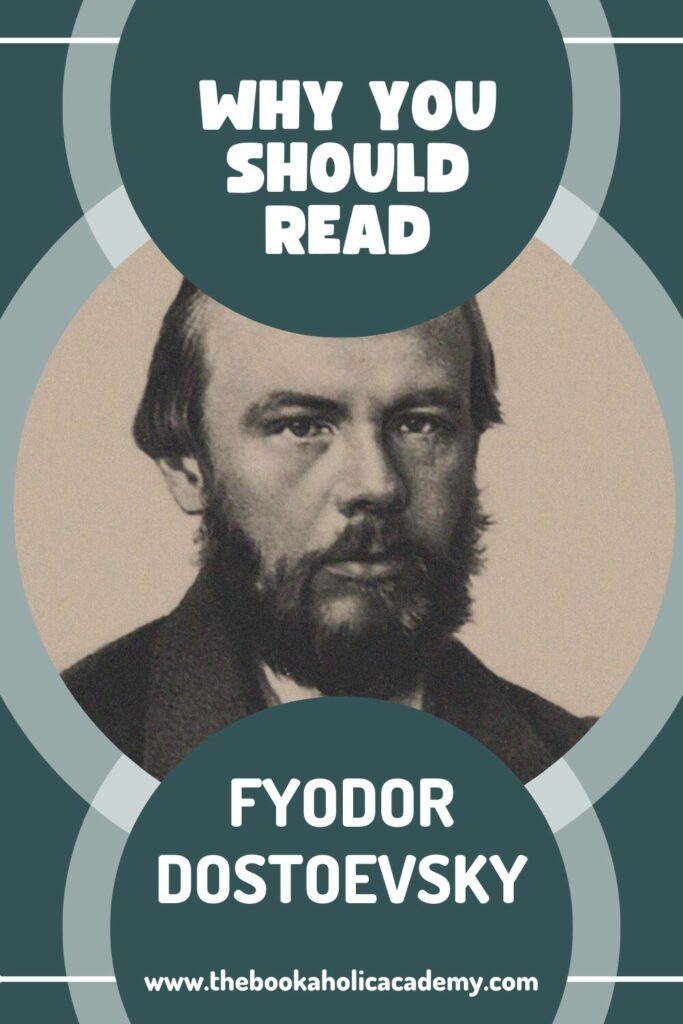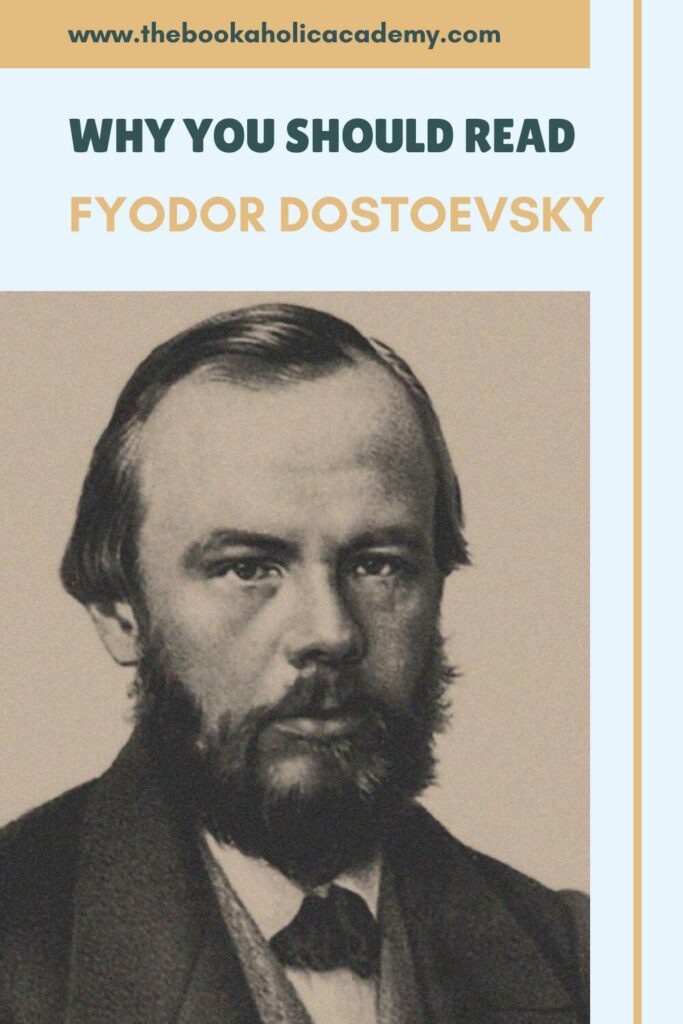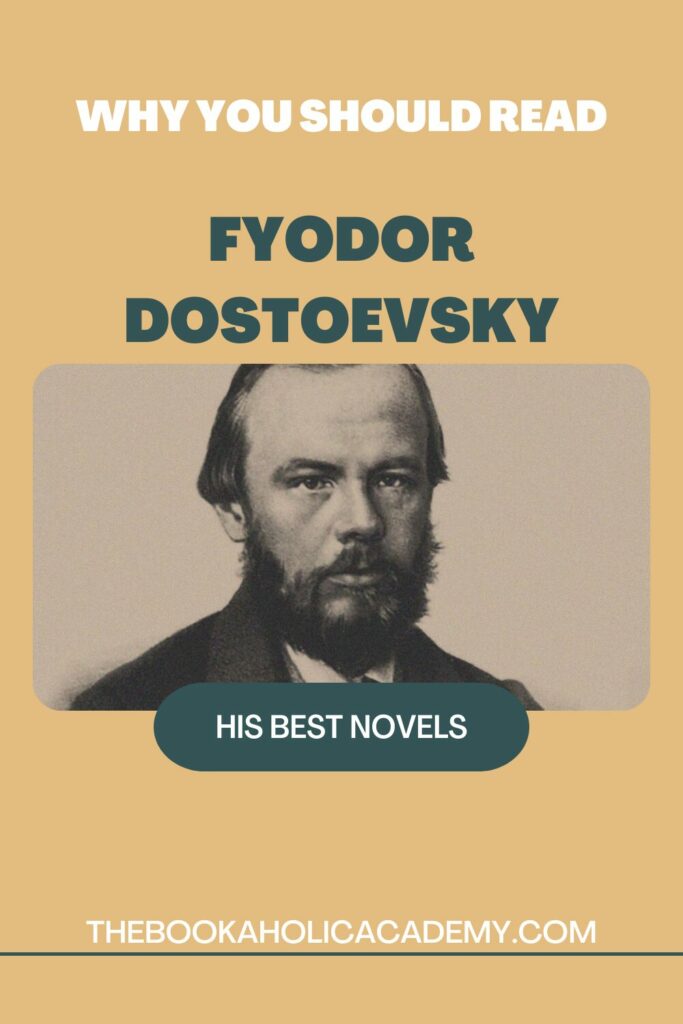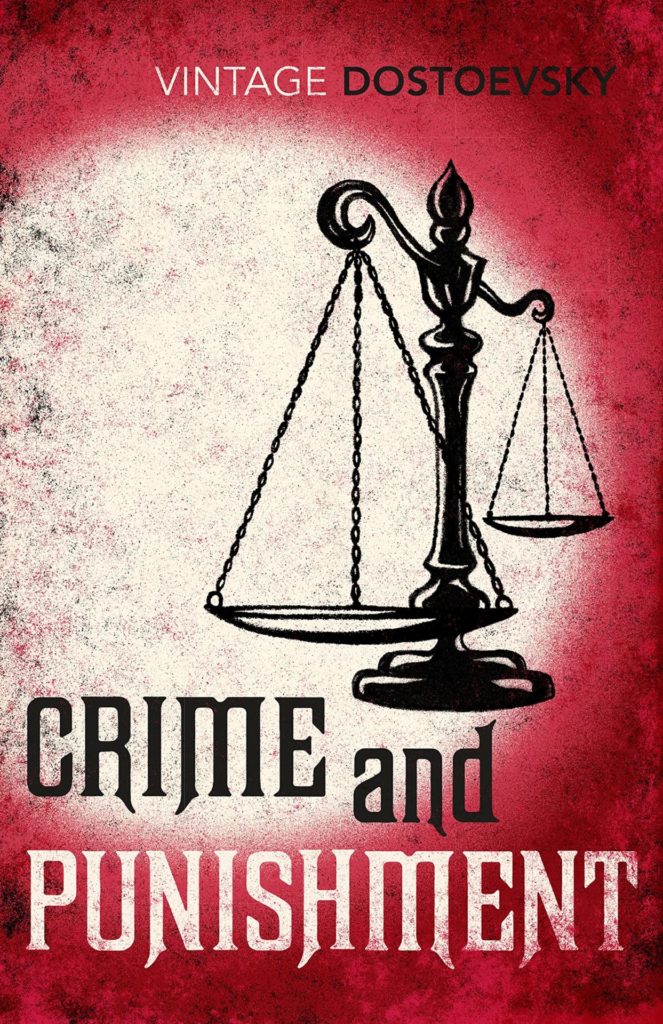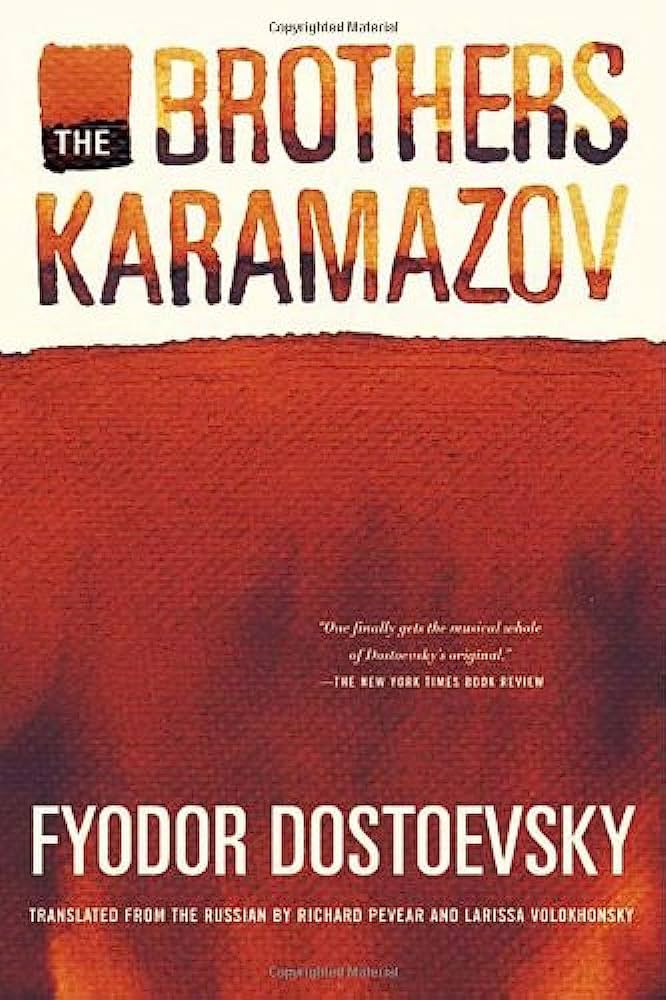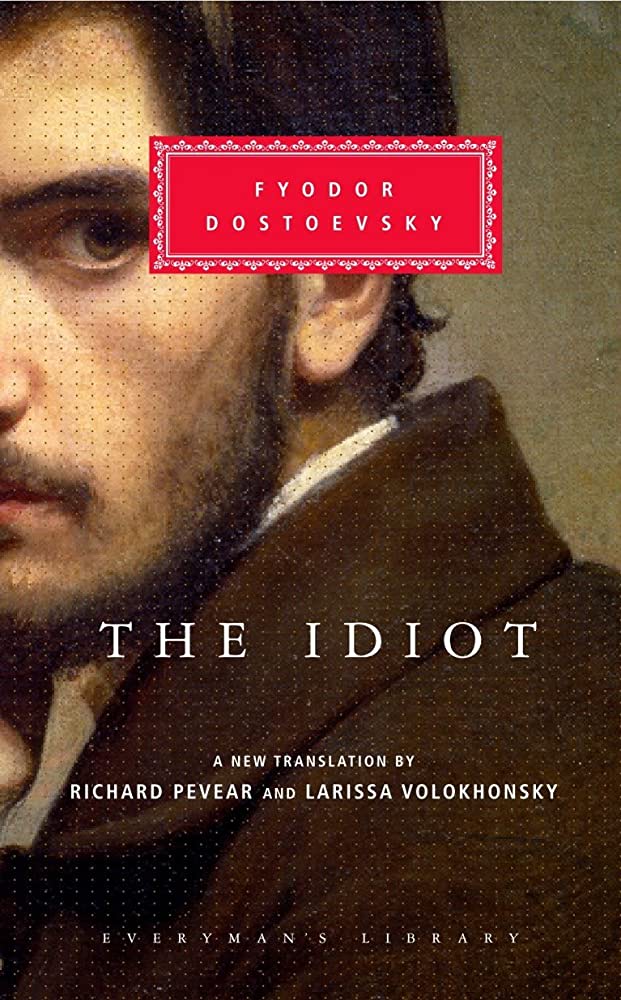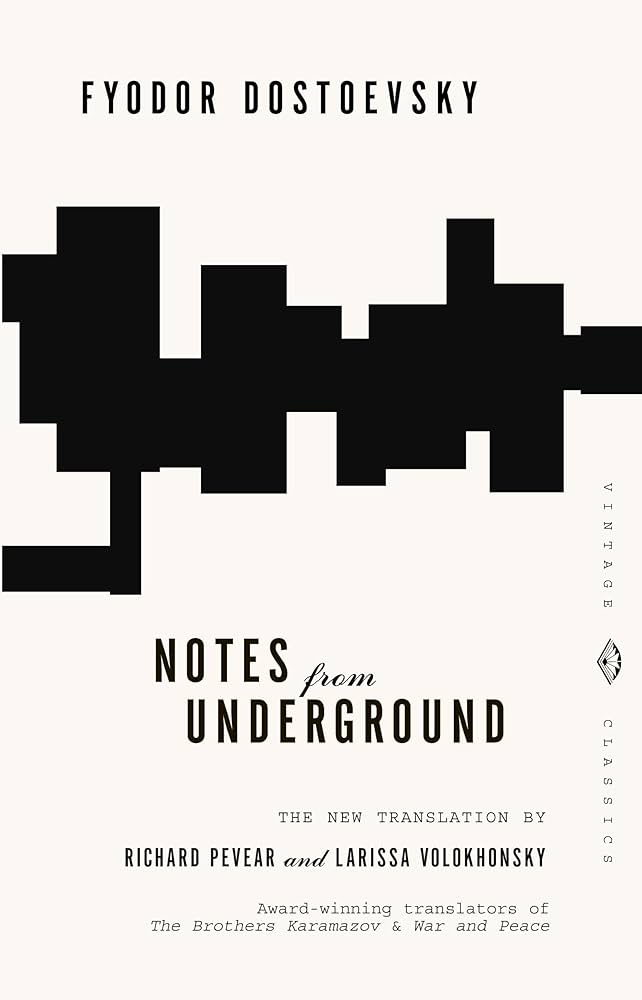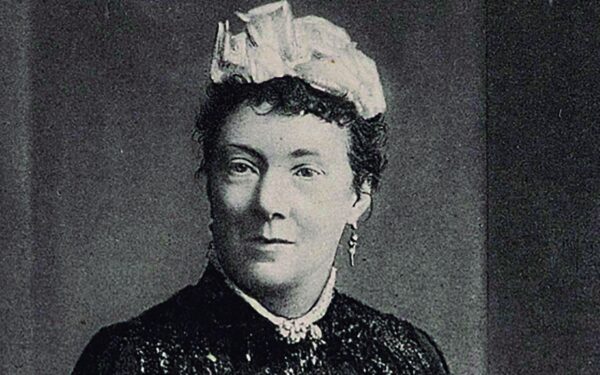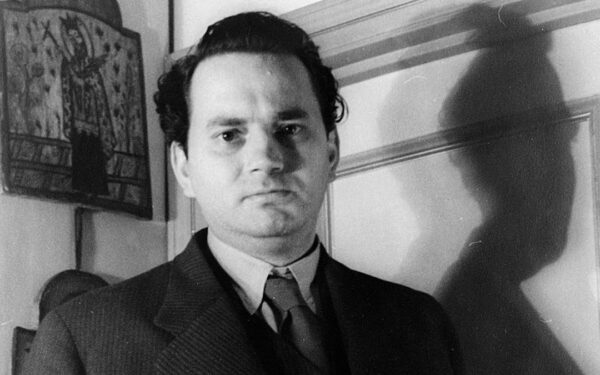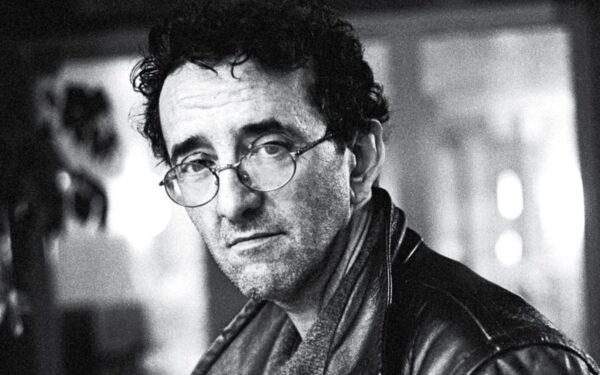Why You Should Read Fyodor Dostoevsky: His Best Novels
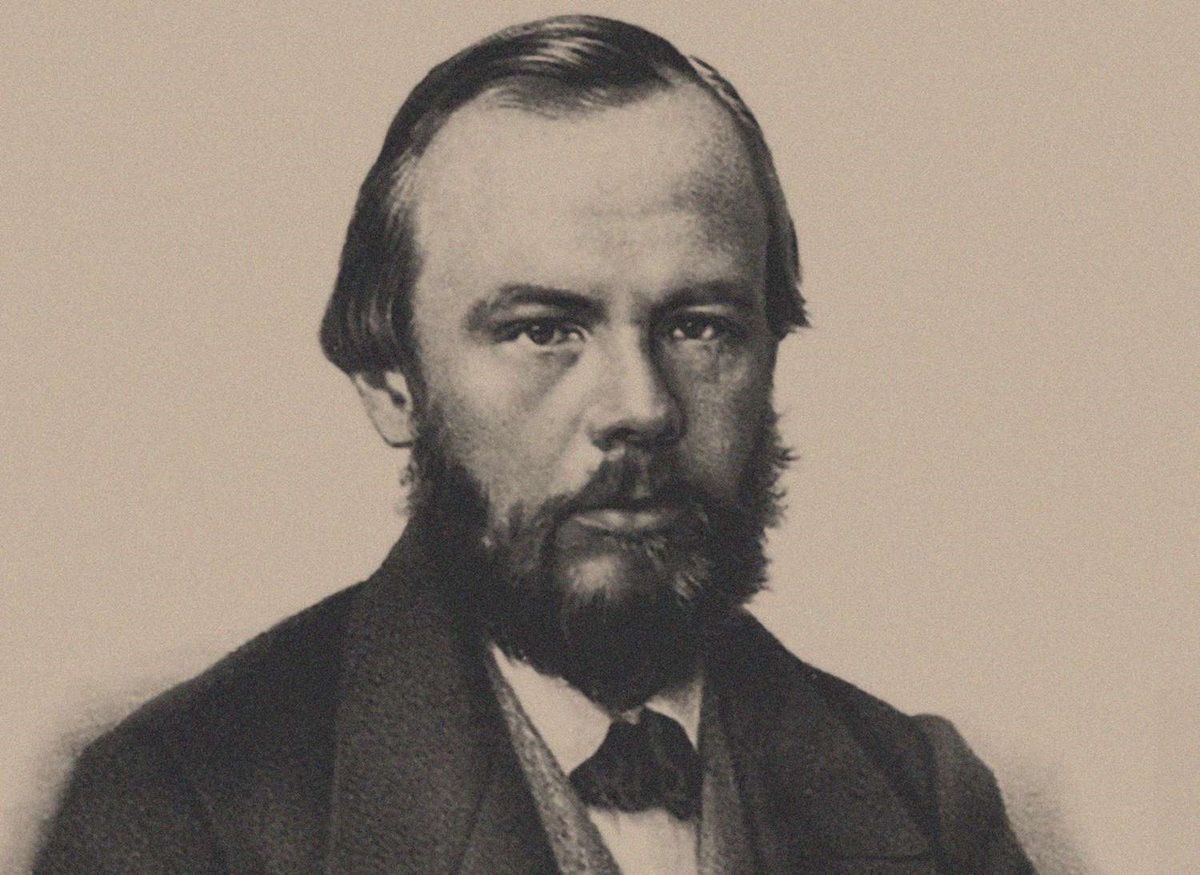
Disclaimer
This post may contain affiliate links. I will make a small commission if you make a purchase through one of these links, at no extra cost to you. See full disclosure and disclaimer policy HERE.
Are you ready to embark on a journey through the depths of human consciousness, morality, and existential angst? If so, then it’s time to acquaint yourself with the timeless works of Fyodor Dostoevsky. In this article, we’ll delve into the myriad reasons why immersing yourself in the pages of Dostoevsky’s novels is not just an intellectual pursuit but a transformative experience.
Table of Contents
Who Was Fyodor Dostoevsky?
Born on November 11, 1821, in Moscow, Fyodor Dostoevsky grew up in a middle-class family with strong religious and cultural ties. His father, Mikhail Dostoevsky, was a physician, while his mother, Maria Dostoevskaya, came from a merchant background. The young Dostoevsky was immersed in the rich Russian culture, which would later permeate his literary works.
From an early age, Dostoevsky displayed a keen interest in literature and storytelling. After completing his education at the Military Engineering Academy in St. Petersburg, he embarked on a career as a writer. His early works, including “Poor Folk” and “The Double,” showcased his emerging talent and marked the beginning of his literary journey.
Dostoevsky’s life was punctuated by encounters with political turmoil and ideological upheaval. In 1849, he was arrested for his involvement with a group of intellectuals advocating for social and political reform.
After enduring a mock execution and years of hard labour in a Siberian prison camp, Dostoevsky emerged profoundly changed, his experiences serving as a crucible for his later literary works.
Dostoevsky’s legacy extends far beyond the realm of literature, influencing generations of writers, thinkers, and artists. His exploration of human psychology, moral dilemmas, and existential angst continues to resonate with readers from diverse cultural backgrounds.
Whether pondering the nature of free will or the existence of God, Dostoevsky’s works remain as relevant today as they were during his lifetime.
The Spellbinding Narrative Craftsmanship of Fyodor Dostoevsky
Dostoevsky’s narratives are like intricate tapestries woven with threads of psychological depth, moral dilemmas, and philosophical introspection. His ability to unravel the complexities of the human psyche is unparalleled, drawing readers into a world where characters grapple with the fundamental questions of existence.
Exploring The Depths Of Human Psychology
One of the most compelling aspects of Dostoevsky’s writing is his profound exploration of human psychology. Through his characters, he lays bare the innermost thoughts, desires, and fears that define the human condition.
Whether it’s the tormented Raskolnikov in “Crime and Punishment” or the enigmatic Underground Man in “Notes from Underground,” Dostoevsky’s characters resonate with a raw authenticity that leaves a lasting impression.
Dostoevsky’s Best Novels
Fyodor Dostoevsky left an indelible mark on the literary landscape with his unparalleled insight into the human psyche and his profound exploration of moral and existential themes. Let’s explore some of Dostoevsky’s most acclaimed novels, each a masterpiece in its own right:
Crime and Punishment (1866)
Arguably Dostoevsky’s most famous work, Crime and Punishment is a gripping psychological thriller that delves into the mind of its protagonist, Rodion Raskolnikov. Driven by a theory of the “extraordinary man,” Raskolnikov commits a heinous crime and grapples with the consequences, leading to a profound exploration of guilt, redemption, and the nature of moral responsibility.
RELATED:
Review: The Powerful Crime And Punishment by Fyodor Dostoyevsky
The Brothers Karamazov (1880)
Widely regarded as Dostoevsky’s magnum opus, The Brothers Karamazov is a sprawling epic that examines the complexities of family, faith, and human nature. Set against the backdrop of 19th-century Russia, the novel follows the tumultuous relationships between the three Karamazov brothers—Dmitri, Ivan, and Alyosha—and their larger-than-life father, Fyodor Pavlovich.
Through its richly drawn characters and philosophical dialogues, The Brothers Karamazov offers a profound meditation on the existence of God, the nature of evil, and the search for meaning in a world rife with suffering.
The Idiot (1868)
In The Idiot, Dostoevsky presents readers with one of literature’s most enigmatic protagonists: Prince Lev Nikolayevich Myshkin. A man of extraordinary kindness and compassion, Myshkin navigates the complexities of Russian society with childlike innocence and naivety.
As he becomes entangled in a web of love, betrayal, and tragedy, Myshkin’s purity of heart stands in stark contrast to the moral decay and cynicism of those around him, making The Idiot a poignant exploration of human goodness in a world tainted by vice.
Notes from Underground (1864)
Considered one of the earliest existentialist novels, Notes from Underground is a daring exploration of alienation, self-loathing, and existential angst. Narrated by an unnamed protagonist known only as the Underground Man, the novel takes readers on a journey into the depths of the human psyche, where nihilism and despair reign supreme.
Through its scathing critique of rationalism and utopianism, Notes from Underground lays bare the inherent contradictions and absurdities of the modern world, challenging readers to confront the uncomfortable truths that lie beneath the surface of human existence.
Dostoevsky’s novels serve as a mirror to society, reflecting its moral complexities, social injustices, and ethical dilemmas. By immersing oneself in his narratives, readers gain insights into the human experience across different epochs and cultures.
Whether grappling with themes of poverty, crime, or religious faith, Dostoevsky’s works remain as relevant today as they were when first penned.
RELATED:
Russian Classic Literature Books: The Greatest Literary Masterpieces
Philosophical Provocation
At the heart of Dostoevsky’s writing lies a deep-seated philosophical inquiry into the nature of existence, free will, and morality. His novels serve as intellectual battlegrounds where existentialist, nihilist, and religious worldviews clash, challenging readers to confront their own beliefs and assumptions about the meaning of life.
A Source of Endless Reflection
Reading Fyodor Dostoevsky is not merely an act of consumption but a journey of introspection and self-discovery. His novels linger in the mind long after the final page is turned, prompting readers to ponder the complexities of human nature and their place in the world.
Conclusion
In a world saturated with fleeting distractions and superficial entertainment, the enduring relevance of Fyodor Dostoevsky’s works stands as a testament to the power of literature to illuminate the human condition.
By reading Dostoevsky, you’re not just entering the pages of a book—you’re embarking on a profound exploration of what it means to be human.
FAQs
Did you like it? Pin this post for later!
